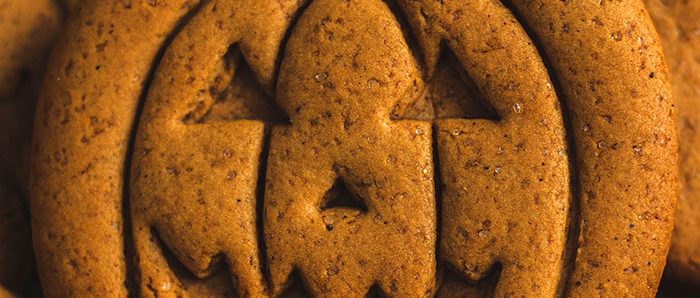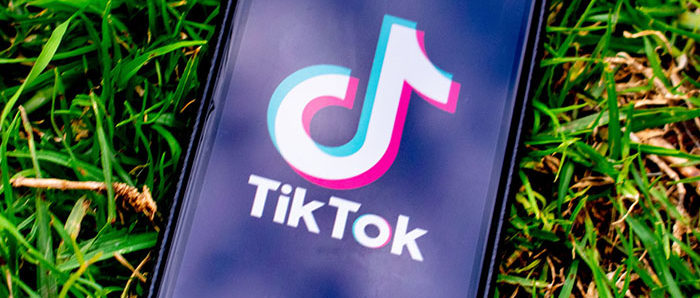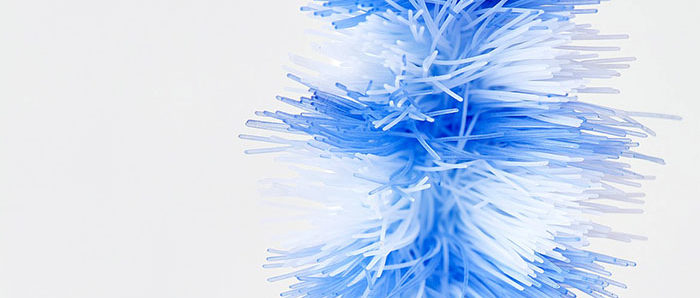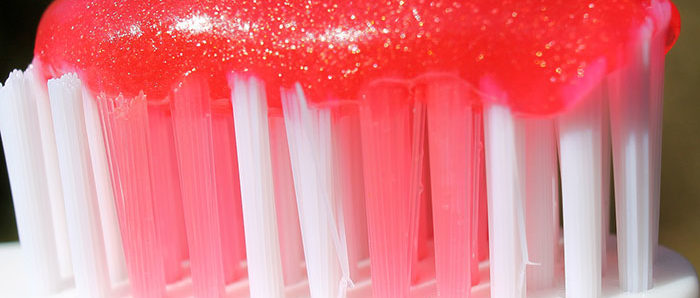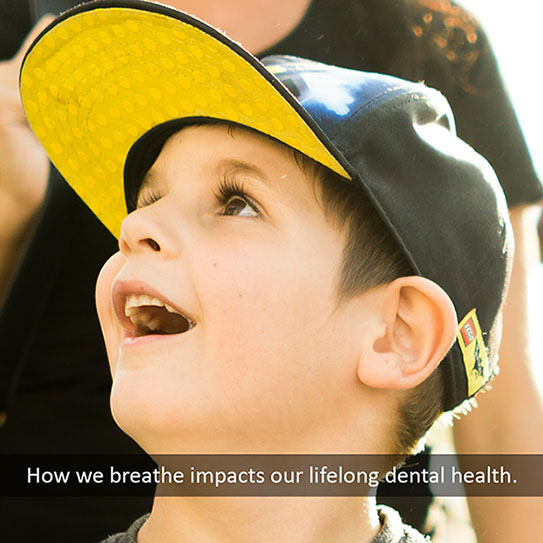
HOW DO YOU choose the right toothpaste out of the wall of colorful boxes on the store shelf? Is it better to get the one that claims cavity prevention, breath-freshening, whitening, sensitivity, or tartar-fighting? Let’s see if we can help our patients narrow things down and find the best toothpaste for their individual dental health needs.
Whitening Toothpaste: Does It Work?
Whitening toothpaste can help remove surface stains from drinking coffee or smoking, but it doesn’t change the natural color of teeth or fight stains that go deeper than the tooth’s surface. They contain ingredients like abrasives that polish the teeth and peroxide to break down surface stains, and using them twice a day can produce results after several weeks.
If you’re looking for a whitening toothpaste, make sure to get one that has the ADA Seal of Acceptance. However, orthodontic patients with braces should wait on any whitening products, including toothpaste, until after the braces or off, or they might end up with different-colored patches where the brackets were!
Toothpaste for Sensitive Teeth
For patients with sensitive teeth, there are over-the-counter toothpastes that can be very helpful. They contain ingredients that help rebuild enamel and minimize discomfort. If your teeth are especially sensitive and the over-the-counter options aren’t enough, there are also stronger toothpastes the dentist can prescribe.
Can Toothpaste Actually Restore Enamel?
Dentists often say that when enamel is gone, it’s gone forever. There is a little bit of wiggle room in there as long as enamel loss hasn’t reached the point of tooth decay, because enamel is constantly being demineralized and remineralized on the molecular level. Our dental health habits determine whether the remineralization side is winning against the demineralization side, and fluoridated toothpaste gives a major boost to remineralization.
Rinsing After Brushing?
Many of us have been rinsing and spitting after brushing our teeth for as long as we can remember, but this actually stops toothpaste from doing its job, including when it’s helping with sensitivity or whitening! It’s a good idea to avoid rinsing, eating, or drinking for 30 minutes after brushing to get the maximum impact of your toothpaste.
What About Ingredients Like Aloe Vera or Charcoal?
Various brands advertise that their toothpaste contains aloe vera or activated charcoal. There is little evidence that these ingredients make toothpaste any more effective, and toothpaste that includes them often lacks fluoride. Charcoal toothpaste has been a popular trend in recent years, but charcoal is abrasive, so it may actually be damaging your teeth and making them more sensitive.
Toothpaste Is an Essential Part of Daily Dental Hygiene
Hopefully we’ve helped you narrow down your toothpaste selection to a category. Once you know whether you want whitening toothpaste, something for sensitive teeth, pediatric toothpaste, or none of the above, decide which flavor you like best and go from there! Next time we see you, you can ask for a specific recommendation.
Thank you for being part of our practice family!
Top image used under CC0 Public Domain license. Image cropped and modified from original.
The content on this blog is not intended to be a substitute for professional medical advice, diagnosis, or treatment. Always seek the advice of qualified health providers with questions you may have regarding medical conditions.



